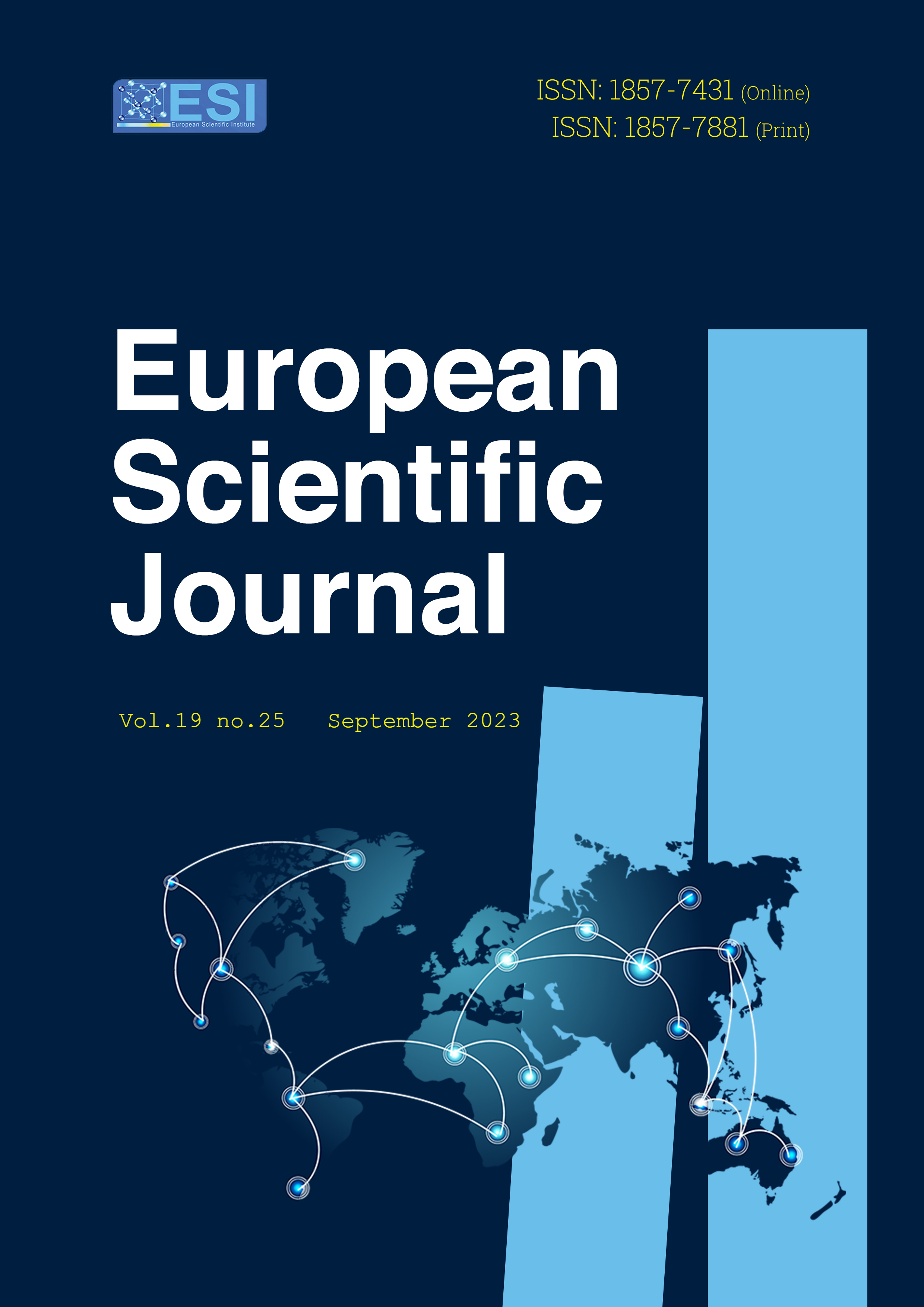Quality Planning and Project Success in Electricity Supply Infrastructure Projects in Kenya; A Case of Transmission Infrastructure Projects
Abstract
Electricity access is a challenge facing many countries in the world more so the developing ones. This challenge is more pronounced in sub-Saharan Africa, where about 597 million people (43%) lack access to electricity. To address the challenge many countries are investing in electricity supply infrastructure projects such as transmission and distribution lines and power plants. Implementation of such projects is however faced with various challenges resulting in failure to achieve the intended objectives. Scholars have proposed solutions to address these challenges but available literature indicates the issue of quality planning in projects has not been exhaustively addressed. The main objective of this study was to assess the influence of quality planning on project success among electricity supply infrastructure projects in Kenya. The study was anchored on the Deming cycle and the Iron Triangle theories. A descriptive study design was employed in this research. The study population was drawn from the Kenya Electricity Transmission Company staff, which implements electricity transmission projects in Kenya. A stratified sampling method coupled with Yamane’s formula was employed to identify the sample size of 80 among the staff. 63 responses from the surveyed staff were obtained and used for the analysis translating to a 78.75% response rate. The findings showed that the study accepted the alternative hypothesis and concluded that there is a significant and positive influence of quality planning on project success. This study concludes that quality planning is a critical factor that enhances project success in electricity infrastructure projects.
Downloads
PlumX Statistics
References
2. Christensen, L. B., Johnson, R. B., & Turner, L. A. (2015). Research Methods, Design and Analysis (12th ed.). Pearson Education Limited.
3. EPRA. (2022). Energy and Petroleum Statistics Report.
4. Etyang, F. M. (2018). Step by Step Practical Guide to Mastering Research. FEM Consultants and Research Centre Limited.
5. IEA. (2022). SDG7: Data and Projections, IEA, Paris. Https://Www.Iea.Org/Reports/Sdg7-Data-and-Projections.
6. Keenan, M., & Rostami, A. (2021). The impact of quality management systems on construction performance in the North West of England. International Journal of Construction Management, 21(9), 871–883. https://doi.org/10.1080/15623599.2019.1590974
7. Moretti, L., Astolfi, M., Vergara, C., Macchi, E., Pérez-Arriaga, J. I., & Manzolini, G. (2019). A design and dispatch optimization algorithm based on mixed integer linear programming for rural electrification. Applied Energy, 233–234, 1104–1121. https://doi.org/10.1016/j.apenergy.2018.09.194
8. Obwatho, S. (2014). Academic Research Writing: The Logical Sequence. Starbright Services Limited.
9. Ocharo, N. R., & Kimutai, G. (2018). Project Management Practices and Implementation of Power Projects in Kenya. International Academic Journal of Information Sciences and Project Management, 3(1), 28–46.
10. PMI. (2017). A Guide to the Project Management Body of Knowledge (7th ed.). PMI.
11. Pollack, J., Helm, J., & Adler, D. (2018). What is the Iron Triangle, and how has it changed? International Journal of Managing Projects in Business, 11(2), 527–547. https://doi.org/10.1108/IJMPB-09-2017-0107
12. Shahirah, S., & Moi, N. (2019). Investigating the Validity and Reliability of Survey Attitude towards Statistics Instrument among Rural Secondary School Students. International Journal of Educational Methodology, 5(4), 651–661. https://doi.org/10.12973/ijem.5.4.651
13. Unegbu, H. C. O., Yawas, D. S., & Dan-asabe, B. (2022). An investigation of the relationship between project performance measures and project management practices of construction projects for the construction industry in Nigeria. Journal of King Saud University - Engineering Sciences, 34(4), 240–249. https://doi.org/10.1016/j.jksues.2020.10.001
Copyright (c) 2023 Lee Alubala Okombe, Kimani Gichuhi, Jane Nyokabi Njuguna, Fredrick Obunga

This work is licensed under a Creative Commons Attribution 4.0 International License.








